State Business Relations in Algeria, Sudan and Ethiopia
FromMar 11, 2023 To Mar 11, 2023
Online Webinar
The development of a competitive private sector, and the spreading of innovative technologies, are among the most valuable tools at the disposal of policymakers to fuel job creation and economic growth as well as improving service delivery. Moreover, the role of the private sector in spreading widely new technologies is central. To better understand these aspects the Economic Research Forum has conducted a research project on ‘Trans-regional Research on Private Sector Development, Digitization and Disruptive Technologies.’ The project received generous funding from Carnegie Corporation.
The project builds on ERF’s previous work on the nature of state-business relations (SBR) in MENA countries by extending investigations to countries of the region and in Africa. Namely Algeria, Ethiopia, Iraq, and Sudan.
In all these countries, control of the private sector seems to have been a political priority of ruling regimes. A first theme of these studies is to understand how this control was exercised: which mechanisms have been used, how this has evolved over the past decades, and how this might evolve in light of their changing political and economic circumstances.
A second area of investigation, of the political economy type, is to examine why this is so: is the aim to collect rents by exchanging economic privileges for political or financing support? And/or is there a fear of political competition by an autonomous private sector, and an attempt to keep its heights closely controlled by allies?
A third area of interest aim, more in the area of mainstream economics, is to investigate the effect of the crony type SBRs on economic growth and job creation. In all these countries, the scarcity of good jobs, as exemplified by the small size of the formal sector outside the state, has created social tensions, creating forces that have led to, or are leading towards, political contestation and change. The repression of the private sector may have also encouraged the expansion of the informal sector.
A forth aim of the project is more normative: it asks how can social, political, and economic actors reverse the negative inheritance of the past, and lead the way to more transparency, fair competition, and progress on the economic front?
The objective of these webinar series is to present and discuss the findings and results of the research papers produced under this project among a group of panelists, experts from academia, and international organizations.
Agenda
Date
11/03/2023
Location
Online
Time
From 3:00 pm To 5:00 pm
Speakers
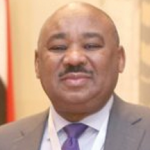
Research Fellows
Ibrahim Elbadawi
Development Studies & Research Forum, Dubai

Research Fellows
Ishac Diwan
Director of Research, Finance for Development Lab,...

Speakers
Alex De Waal
Executive Director, World Peace Foundation
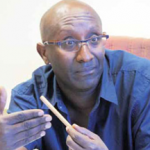
Speakers
Alemayehu Geda
Professor of Macroeconomics and International Economics in...
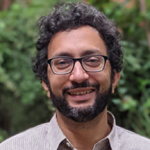
Speakers
Aditya Sarkar
Independent Researcher and Visiting Fellow, World Peace...

Senior Associates
Adeel Malik
Globe Fellow in the Economies of Muslim...
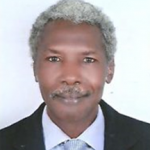
Authors
Kabbashi Suliman
University of Khartoum
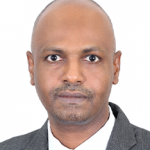
Research Fellows
Ebaidalla Mahjoub Ebaidalla
Assistant Research Professor, Ibn Khaldon Center for...

Authors
Mohammed Elhaj Mustafa Ali
Assistant Professor, University of Kassala
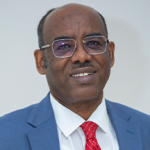
Research Fellows
Hamid Eltgani Ali
Professor of Economics and Public Policy, Doha...

Research Fellows
El Mouhoub Mouhoud
Professor of Economics, Univeristy of Paris Dauphine

Speakers
Idriss Hadj Nacer
Political Economist, London School of Economics and...

Speakers
Steffen Hertog
Associate Professor of Comparative Politics, London School...
Papers
Thinking Politically About Money: The Changing Role of Political Finance in The Political (Un-)Settlements in Ethiopia and Sudan
This paper examines the relationship between ‘political finance’ and ‘political settlements’ in Sudan and Ethiopia.... Read More

